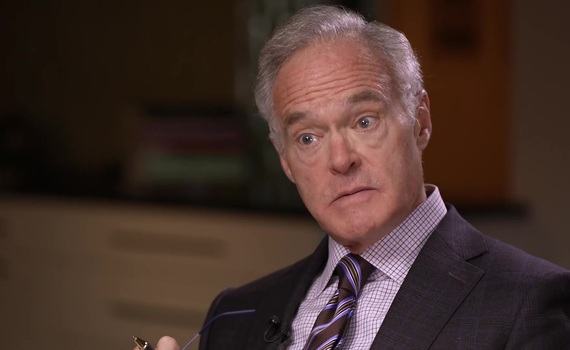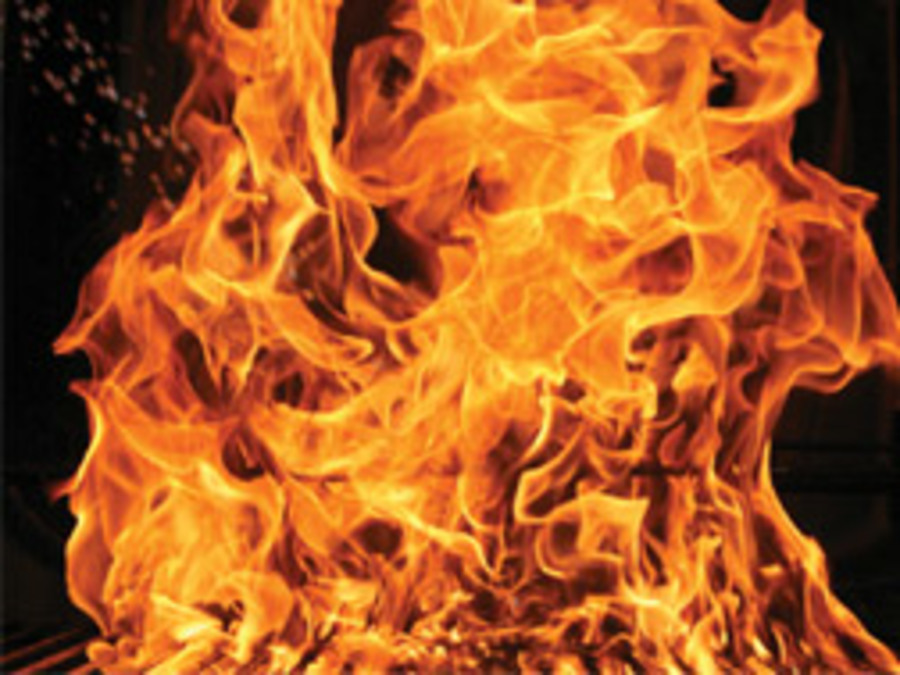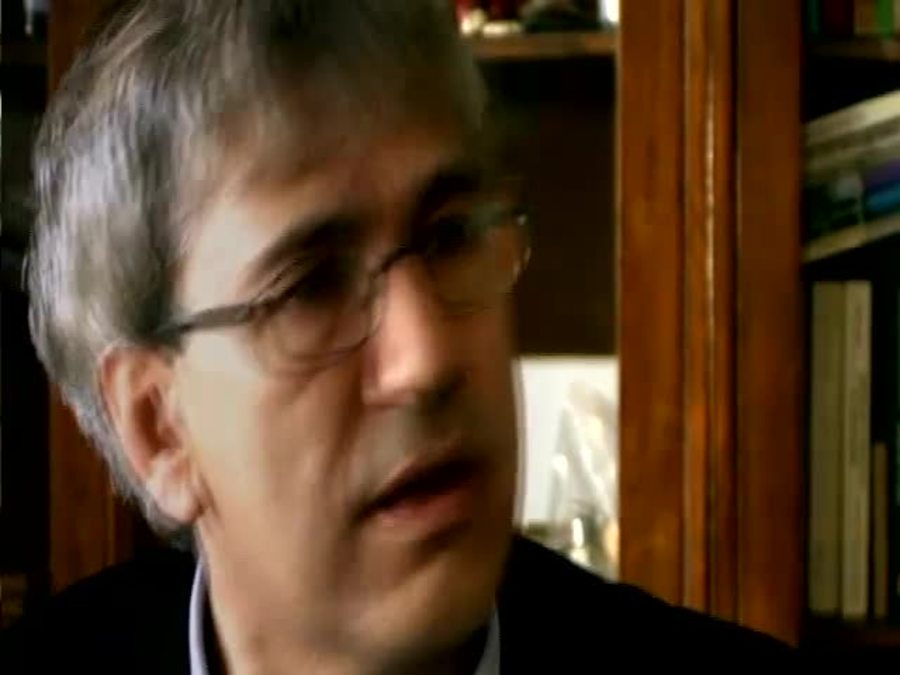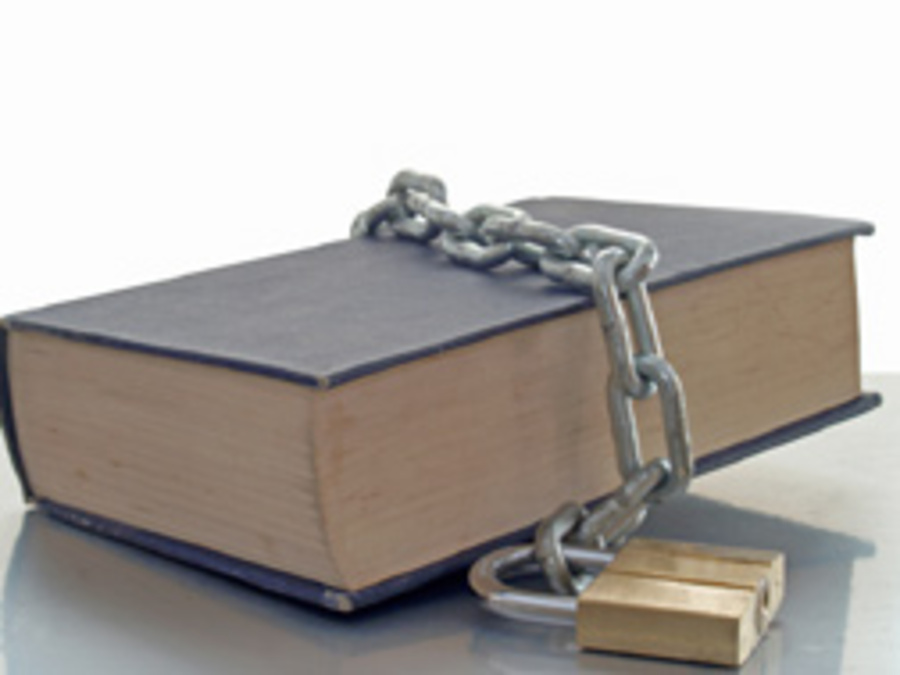 Try these videos to get started. Must be on campus or login with your COM account for off campus access.
Try these videos to get started. Must be on campus or login with your COM account for off campus access.
Want more on finding media? Try Articles & Media.
-
60 Minutes: 97 Books (13:18)
A report on the banned book controversy. The highly opposed campaign to ban ninety-seven books from Beaufort, South Carolina’s school system has been inspired by the Florida-based conservative group Moms for Liberty, which aims to censor literature they consider unfit for American children. Includes interviews with Dick Geier, vice chair of the Beaufort County school board and retired Army colonel; Karen Gareis, high school librarian and Navy veteran; Tiffany Justice and Tina Descovich, founders of Moms for Liberty; and Ruth-Naomi Jones, who volunteered to judge the proposed banned books, works for the schools, and has a 16-year-old student.
-
Battle over the Books: Censorship in American Schools (20:00)
John Scopes went on trial for teaching Darwin’s theory of evolution; nearly 70 years later, an Illinois English teacher was confronted by protesters who demanded that J. D. Salinger’s Catcher in the Rye "not be assigned for reading"—adding that their demand should not be interpreted as "censorship or banning books." Whatever it’s called, it means that books are under attack—from "Cinderella" to Huckleberry Finn. This program looks at how teachers can prepare themselves against attack, and looks at those who, in the name of religion or equality or whatever cause, are aiming the censor’s gun at teachers and books.
-
Cultural Exile: Cortazar and His Books Banned in Argentina (04:05)
During the last military dictatorship in Argentina in 1976, Cortazar was banned not only to return to his country but also to publish his books which were considered subversive due to his political opinions.
-
Goebbels' Book Burning Speech (02:54)
Germany suffered social unrest and inflation after WWI. In 1933, Hitler rose to power in a dictatorship. His propaganda minister speaks to Hitler Youth about eradicating Jewish intellectualism in favor of German character.
-
Lisa Appignanesi: Banned Books (10:31)
Arguing in favour of the motion, Lisa Appignanesi recites a list of literature and authors that have been banned in the past: the Bible, the Qur’an, Milton's ‘Areopagitica,’ and authors: Joyce, Baudelaire, Bacon, Hemingway. Banning offence is a slippery slope toward an authoritarian state.
-
Orhan Pamuk: Book Burning (1:37)
Europeans read Pamuk's novel "Snow" and are somewhat horrified that Turkey may join the European Union. In several locations in Turkey, people protested in the streets about the novel. His novel is burned in Turkey.
-
Writers and Censorship (27:00)
Authors Salman Rushdie and Taslima Nasrin know about severe censorship firsthand. In this program, Suanne Kelman, of Ryerson University, opens the subject of censoring in literature using Huckleberry Finn, To Kill a Mockingbird, Lady Chatterley’s Lover, The Diviners, and the Harry Potter series—all banned at one time or another or under threat of banning—as examples. Expanding on the theme, Rushdie (The Satanic Verses) then talks about fundamentalist Muslim sensibilities, living under a fatwa, and the writer’s role in the world, while Nasrin (Lajja) discusses patriarchal oppression of women, her escape from Bangladesh, and life in exile.
![]() Try these videos to get started. Must be on campus or login with your COM account for off campus access.
Try these videos to get started. Must be on campus or login with your COM account for off campus access.





